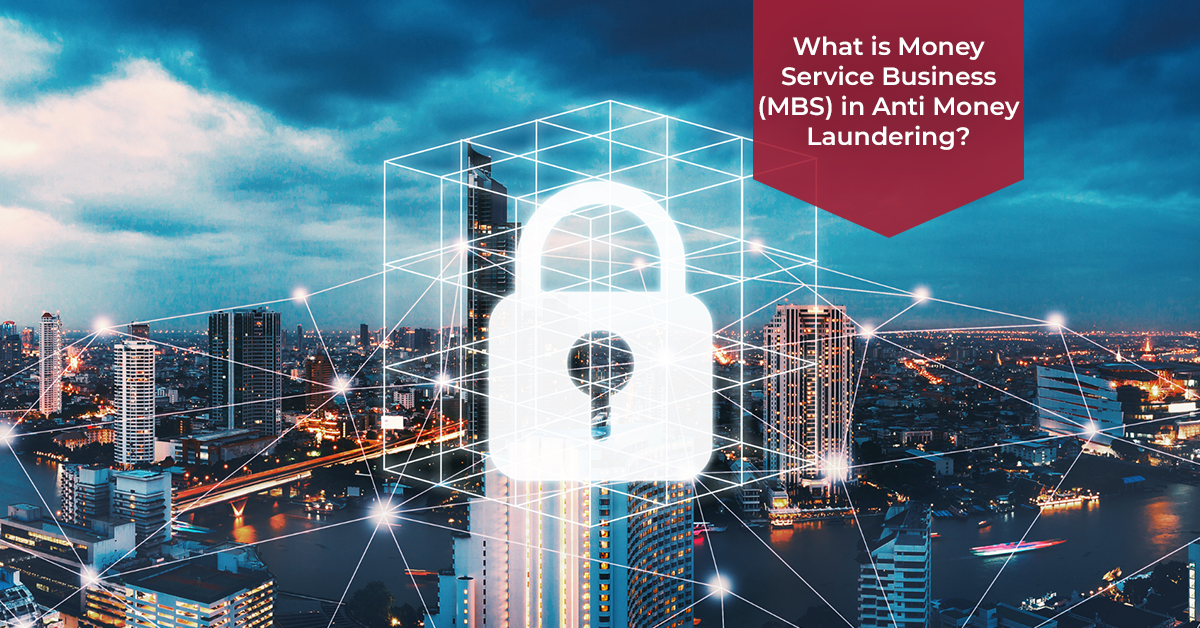
What is Money Service Business (MBS) in Anti Money Laundering?
Money Service Businesses (MSBs) are convenient means for the rapid and discrete transfer and exchange of small cash amounts. Despite their efficiency, these entities are susceptible to money laundering (ML) and regulatory scrutiny. A notable case involves Western Union, the largest global money service business, which, a few years ago, consented to a $586 million fine.
This article provides insights into how money service businesses can prevent instances of fraud and mitigate the risk of substantial fines across various countries.
What is a Money Service Business?
A money service business (MSB) is a financial institution that converts currency. They are not banks but rather money transfer businesses. Money service businesses encompass both corporate entities (such as Western Union, MoneyGram, OFX, etc.) and individuals offering a spectrum of financial services, such as:
- Transfer of funds.
- Exchange of currencies.
- Transfer services.
- Money orders, stored value cards, or cash checks.
- Payment services, such as paying taxes or utilities.
- Overdrafts and payday lending, online marketplaces, microloans, crowdsourcing, and auto loans.
These are examples of alternative financial services of a money service business (MSB).
How Does Money Service Business Relate to Anti-Money Laundering (AML)?
MSBs are closely related to anti-money laundering for various reasons, such as below:
- Hard to trace cash and other types of money transfers
- Intermediaries and third parties
- Digital platforms
- Anonymous customers
- Undisclosed sources of funds
Criminals may exploit a Money Service Business for money laundering by:
- Transferring funds out of the country.
- Converting illegal cash into high denomination notes which are usually foreign.
- Converting cheques from an illegal activity into cash, or salary and business cheques into cash for tax evasion.
What are Money Service Business Regulations Around the World?
Although they are similar in the core and have similar disincentives, regulations for money service businesses vary across the world. Here, you can find fundamental regulations for MSBs in some prominent countries:
United States
Money service businesses in the US must follow the rules of the Bank Secrecy Act overseen by FinCEN. They must sign up with FinCEN and meet specific requirements. Not complying with those rules, they may face fines of up to $5,000.
United Kingdom
Money service businesses in the UK must register with His Majesty’s Revenue and Customs. They must follow the money laundering regulations. Not following these regulations result in significant fines.
Hong Kong
Any individual or business that conducts money services must apply for a Money Services Operator license. The license is given by the Customs and Excise Department.
Singapore
Singapore regulates Money service businesses through the Monetary Authority of Singapore. The regulation covers businesses such as account insurance services, money transfer services, digital payment token services, etc.

